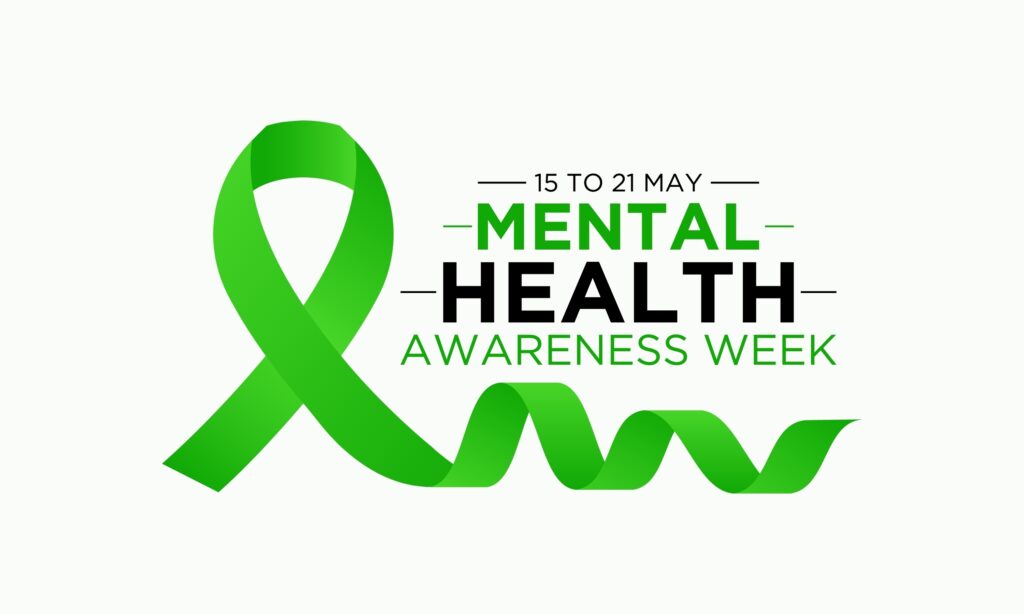Working in healthcare can be incredibly rewarding, as it involves caring for others and making a positive impact on people’s lives. However, it is no secret that healthcare professionals often face unique challenges that can take a toll on their mental health. Long hours, high stress levels, witnessing suffering, and the weight of responsibility can accumulate over time. Protecting mental health becomes crucial not only for the well-being of healthcare workers but also for ensuring the delivery of quality care. Here are some strategies to safeguard your mental health while working in healthcare.
Prioritise Self-Care:
Healthcare professionals tend to prioritise the needs of others, often neglecting their own well-being. However, practicing self-care is not selfish; it is necessary for sustained mental well-being. Set boundaries to ensure proper rest, nutrition, and exercise. Engage in activities that bring joy, such as hobbies, spending time with loved ones, and pursuing personal interests. Taking care of yourself allows you to be more present, compassionate, and effective in your role.
Foster Supportive Relationships:
Nurturing a strong support network is vital when working in healthcare. Surround yourself with colleagues, friends, and family who understand the unique challenges you face. Sharing experiences and concerns with others who can relate offers emotional validation and a sense of belonging.
Develop Coping Strategies:
Healthcare work can be emotionally demanding, and it is essential to develop healthy coping strategies. Identify activities that help you unwind and reduce stress. This may include practicing mindfulness, engaging in creative outlets, journaling, or seeking professional counselling. Cultivate resilience by reframing negative experiences, seeking growth opportunities, and celebrating successes, no matter how small. Prioritising mental health ensures you can navigate the highs and lows of healthcare work with strength and resilience.
Establish emotional boundariest:
Healthcare professionals are often exposed to emotionally charged situations and witness the suffering of patients. While empathy is essential, it is equally important to establish emotional boundaries. These will enable you to provide compassionate care while preventing emotional exhaustion. Engage in stress-management techniques, such as deep breathing exercises or mindfulness, to help regulate emotions during challenging moments.
Seek Support and Resources:
Recognise that seeking support is not a sign of weakness but a proactive step toward maintaining your mental health. The Sure Healthcare team is here to support you. If you ever feel like you are struggling, please reach out. We are here to listen, help, and support. You are never alone.





